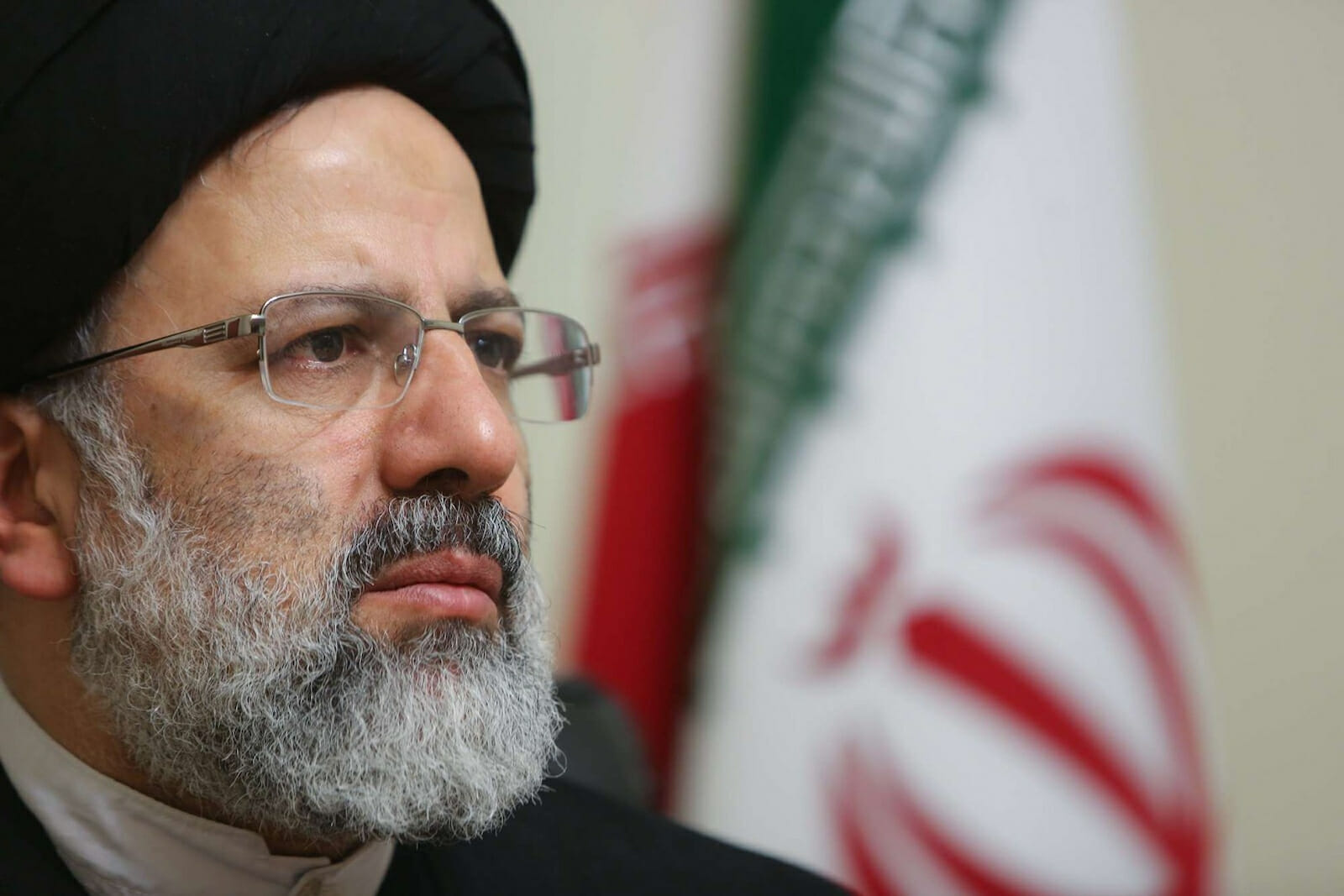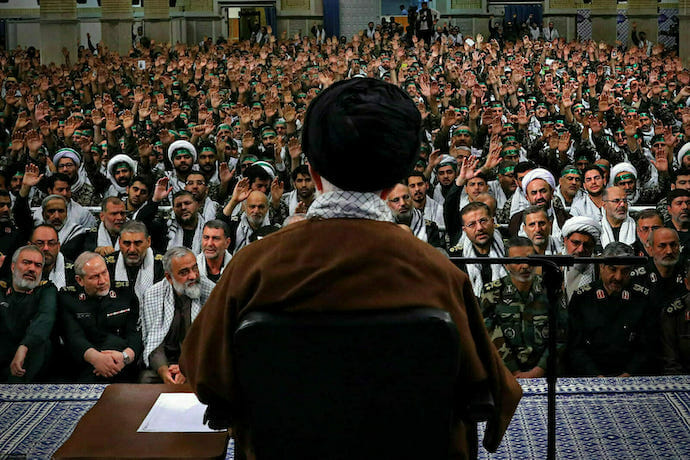
Iran’s Presidential Election is Causing Khamenei Heartburn
Iranians will go to the polls on Friday, June 18 as they have done many times since the 1979 Islamic Revolution. The 2021 election, however, is different from previous elections because, unlike previous ones, a large number of people are likely to boycott the election altogether.
The Islamic Republic of Iran has a complex theocratic political system in which presidential elections are held every four years but all branches of government are subordinate to the position of the supreme leader. The supreme leader position, which has been held by Ali Khamenei since 1989, enjoys lifetime tenure and holds veto power over all government policies. The supreme leader is a high-ranking Shi’a cleric that is elected by a body of clerics to assure the domination of the political system by the Shi’a religious authorities. While people are allowed to elect the president and local government officials, the theocracy has also established an institution called the Guardian Council that has the power to disqualify any candidate they consider unfit for political posts.
The reason so many people are likely to boycott tomorrow’s presidential election is that this time hundreds of candidates were disqualified by the Guardian Council and large segments of society were outraged. Even some prominent politicians that had served in senior government positions, such as Ali Larijani, the former speaker of Iran’s parliament, were disqualified. There is a general concern that the seven candidates that were approved to run in the election were selected in such a way that the supreme leader’s preferred candidate, Ebrahim Raisi, Iran’s chief justice, will win.

The anger and outrage about disqualifications has even spread to some high-ranking and prominent clerics. One of them is Hassan Khomeini, the grandson of the founder of the Islamic Republic, Ayatollah Ruhollah Khomeini. The second one is Ayatollah Mahmoud Amjad who has been a vocal critic of Khamenei in recent years. Both of them have called for a boycott of the election. A sharp attack by Hassan Khomeini was unexpected and it could discourage some conservative religious Iranians from participating in the election. The participation rate in this election has become a very sensitive political issue for the ruling regime in recent weeks as it will be viewed by many as a measure of the regime’s legitimacy.
Any boycott means that the people who will participate in the election are either devoted supporters of the regime or individuals who are afraid of facing punishment if they don’t vote. In Iran, a citizen’s birth certificate is stamped to show that he or she has voted and the government will also have a digital record of who has voted. There are therefore some voters who are deeply unhappy about the core policies of the regime and will vote out of fear.
While Khamenei and the conservative camp have launched an aggressive media campaign to discourage voters from joining the boycott it is facing another unexpected challenge. Even though all candidates were vetted to disqualify any serious rival to Raisi, two candidates, Abdolnaser Hemmati and Mohsen Mehralizadeh, used the televised debates to present themselves as the voice of the unrepresented and excluded Iranians who advocate for more civil rights and a moderate foreign policy that could lead to the easing of economic sanctions. While Mehralizader eventually withdrew from the race in favor of Hemmati, the latter has remained in the race and is now considered a serious challenger to Raisi. The views of Hemmati and his good performance have motivated some moderate and reformist political leaders such as former President Mohammad Khatami to call on their supporters to vote for Hemmati instead of boycotting the election.
As a result of Hemmati’s unexpected rise, the Iranians that do not support Khamenei and his hardline faction have been divided into two camps. One group has called for the boycott. The second group has called for participation to support Hemmati. From the point of view of Khamenei, both of these actions are undesirable. If a large number of people boycott the elections, the small group that votes will support Raisi and he will be elected. But the low turnout will undermine the legitimacy of the regime. On the other hand, if they participate to support Hemmati, the turnout will be high but there is a risk that Raisi will lose. The situation poses a serious dilemma for the ruling conservatives and the supreme leader.

